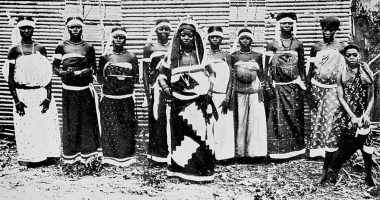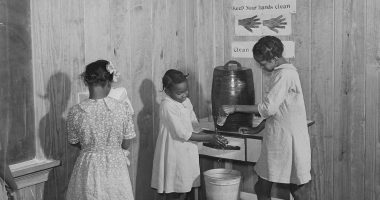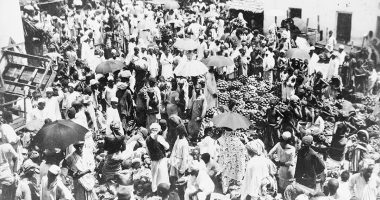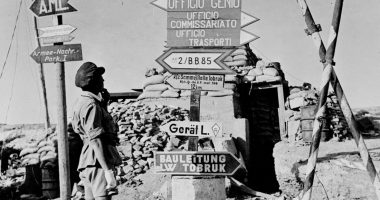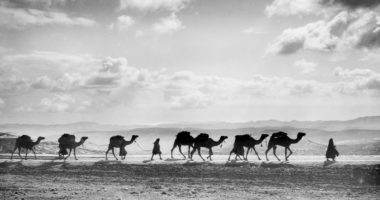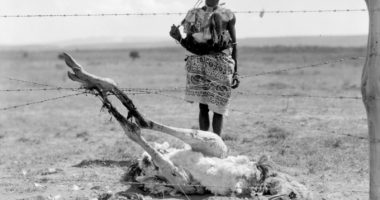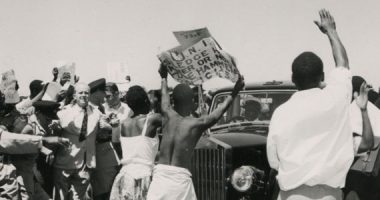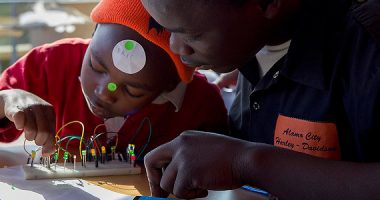Journalist specialising in responsible and committed communication. His book Redes sociales para el cambio en África was awarded the Casa Àfrica Essay Prize in 2012.
Carlos Bajo Erro (Pamplona, 1978) has a degree in journalism from the University of Navarra and a Masters in Culture and Development in Africa from Universitat Rovira i Virgili (URV). He combines his journalistic work as a contributor to media outlets (including El País) with communication for social organisations and research into the uses of ICTs as a tool for social change in Africa.
He is co-author of the book Redes sociales para el cambio en Africa, which won the 4th Casa África Essay Prize in 2012. He builds bridges between the academic world and society, imparting classes in Masters and postgraduate courses at UPF, UAB and URV and publishing his work in books and journals, while at the same time participating in courses and lectures with NGOs and social organisations and writing in information and education media.
He is one of the founders of the association Wiriko, which produces an online magazine, educational actions and other activities that disseminate contemporary African artistic and cultural expressions.
One of his main interests is showing an image of Africa that is more plural, diverse and vital than the one that is usually transmitted in the mainstream media.

